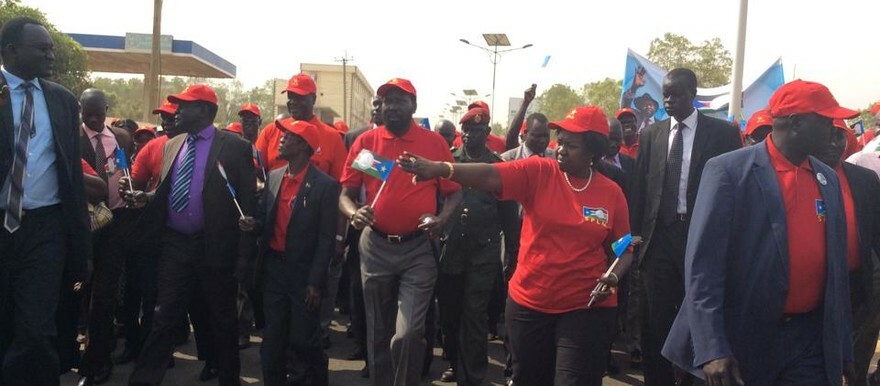Chapter Four of the Political Parties Act, 2012 (Amendment) Act, 2023 talks about the establishment of political parties and restrictions on public officials’ involvement in parties, among others.
One of the major amendments, outlined in Section 15(a), involves the formation of political parties to pursue purposes that are in line with the Constitution and the nation’s laws.
Section 16 of the Act has been repealed, and new Sections 24 to 28 have been added, with subsequent sections re-numbered accordingly.
Section 24 now imposes restrictions on public officials’ participation in political parties. Public officials are prohibited from being founding members or holding office in any political party. Moreover, they are not allowed to engage in any political activity that compromises their political neutrality or publicly express support for or opposition to any party or candidate in an election. However, certain high-ranking officials, such as the President, Vice Presidents, Ministers, and others, are exempt from these restrictions.
Section 24 states the following “(2) Sub-section (1) shall not apply to the President, the First Vice. President, the four Vice Presidents, Ministers, Deputy Ministers, Members of the National Legislative Assembly, Members of the Council of States, Governors, Deputy Governors or Members of the State Legislative Assembly, County Commissioners, Mayors and Members of the City Council. (3) For the purposes of this section, public official includes (a) Diplomats of the Ministry of Foreign Affairs; (b) Members of armed forces and other law enforcement agencies; (c) Justices and Judges of the Judiciary of South Sudan; (d) Legal Advisors and Public Attorneys in the Ministry of Justice; and (e) Civil servants at all levels.”
The Act further mandates political parties to maintain accurate records at their head office and various regional offices. These records must include a register of members, a copy of the party’s constitution, and its policies and plans.
In a bid to encourage inclusivity and diversity within political parties, Section 25 stipulates that party executive organs must be democratically elected at all levels and should ensure a minimum of thirty-five percent representation of women. Additionally, parties are urged to promote the participation of young people and individuals with special needs in key decision-making bodies and implement special programs for their development.
Section 25 states in the following that “(c) its executive organ shall be democratically elected at all levels and shall provide for at least thirty-five per cent representation of women on a basis to be established by each party; (d) strive to ensure that young people and people with special needs are represented and participating in the key decision-making body of the party. (e) create and implement special programs for young men and women and people with special needs in political parties processes including but not limited to mentorship, coaching and leadership development programs.”
Financial transparency is another vital aspect addressed by the amendments. Political parties are now required to maintain open and transparent funding practices, allowing public scrutiny.
Furthermore, parties are forbidden from establishing covert or overt military formations or cells within their structures or promoting violence or hatred among ethnic, religious, or racial groups in the Republic. Additionally, they must not act as branches of foreign political parties outside South Sudan.
To ensure compliance with the Act, Section 27 grants the Council the authority to request parties to produce records for inspection. Failure to comply with such requests can result in legal consequences.
The process for notifying changes or amendments to a party’s constitution, rules, officials, name, symbol, slogan, or colour is also clearly outlined in Section 28. Such changes must be published in the official gazette and at least two daily newspapers with nationwide circulation.
The Act further mandates political parties to submit various documents to the Council, including three approved copies of their constitution, a list of executive committee members, details of founders, and minutes of the founding meeting.
Every political party is required to hold a general convention at least once every four years, as specified in Section 31. Parties must notify the Council three weeks prior to the convention.
Regarding de-registration of parties, Section 32 empowers the Council to de-register parties under specific circumstances, such as contravention of the Constitution or fraudulent registration. However, the Council must notify the party leadership, provide an opportunity to remedy the situation within ninety days, and can suspend de-registration to allow the party to address any breaches.




